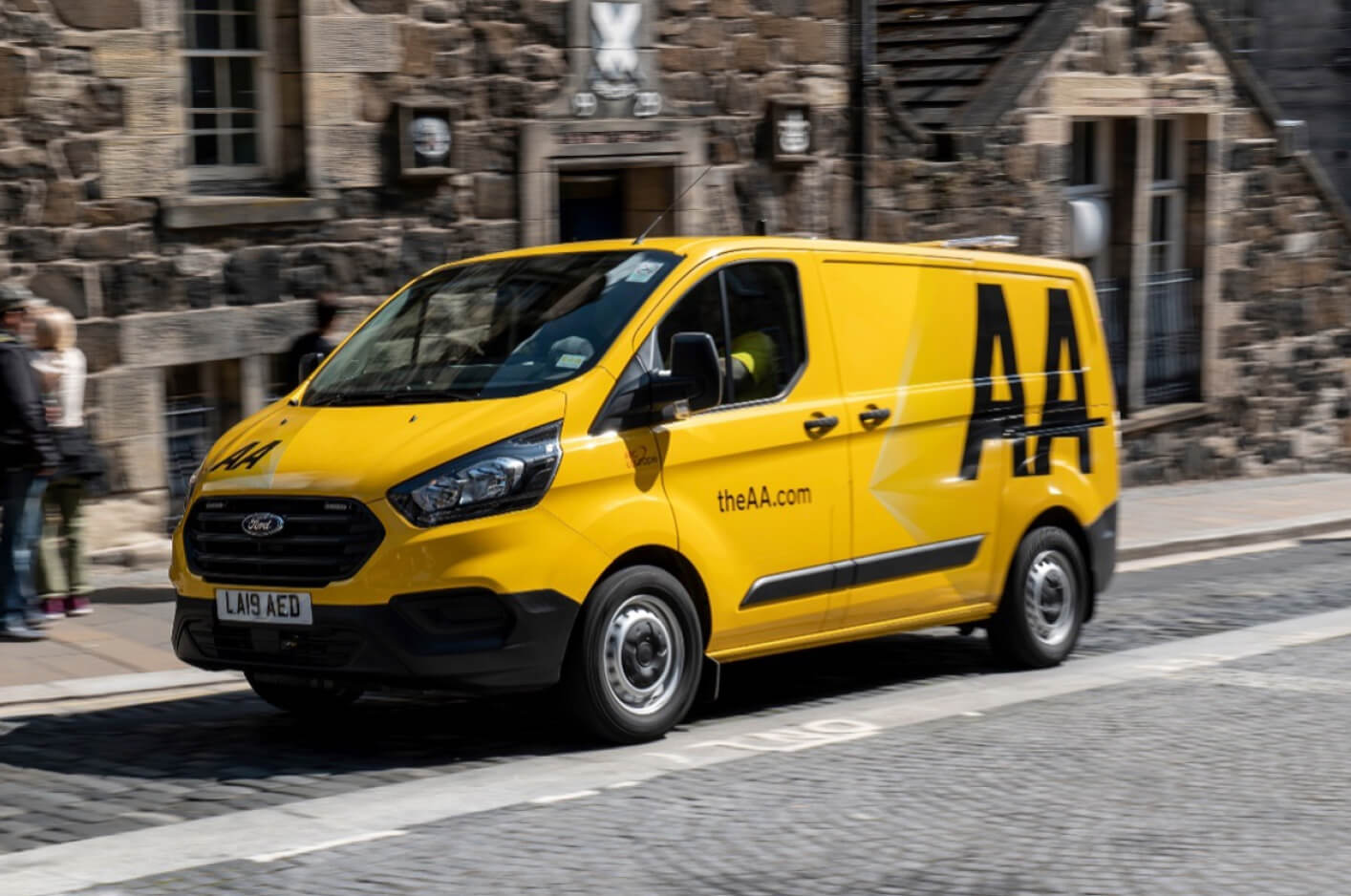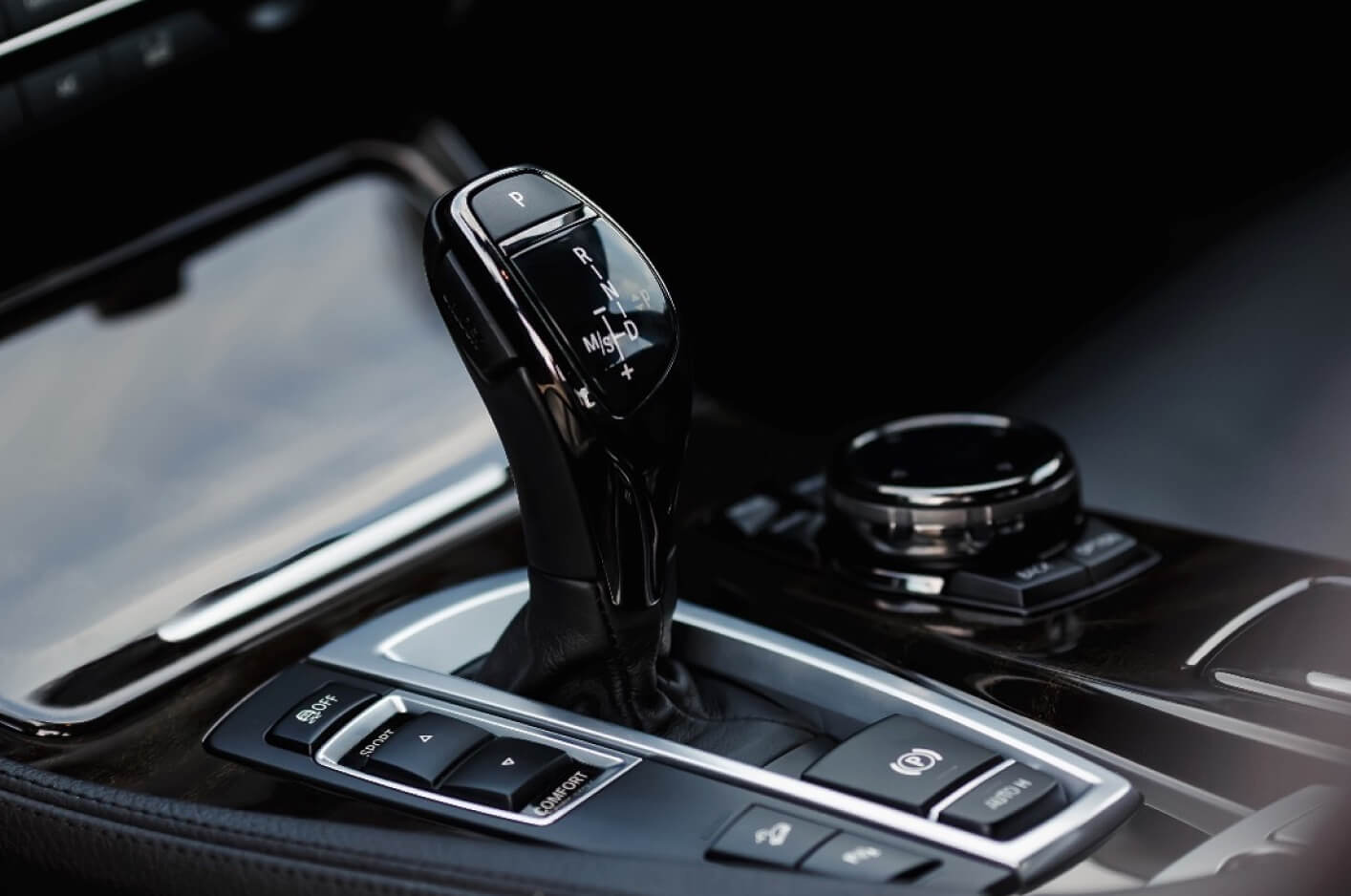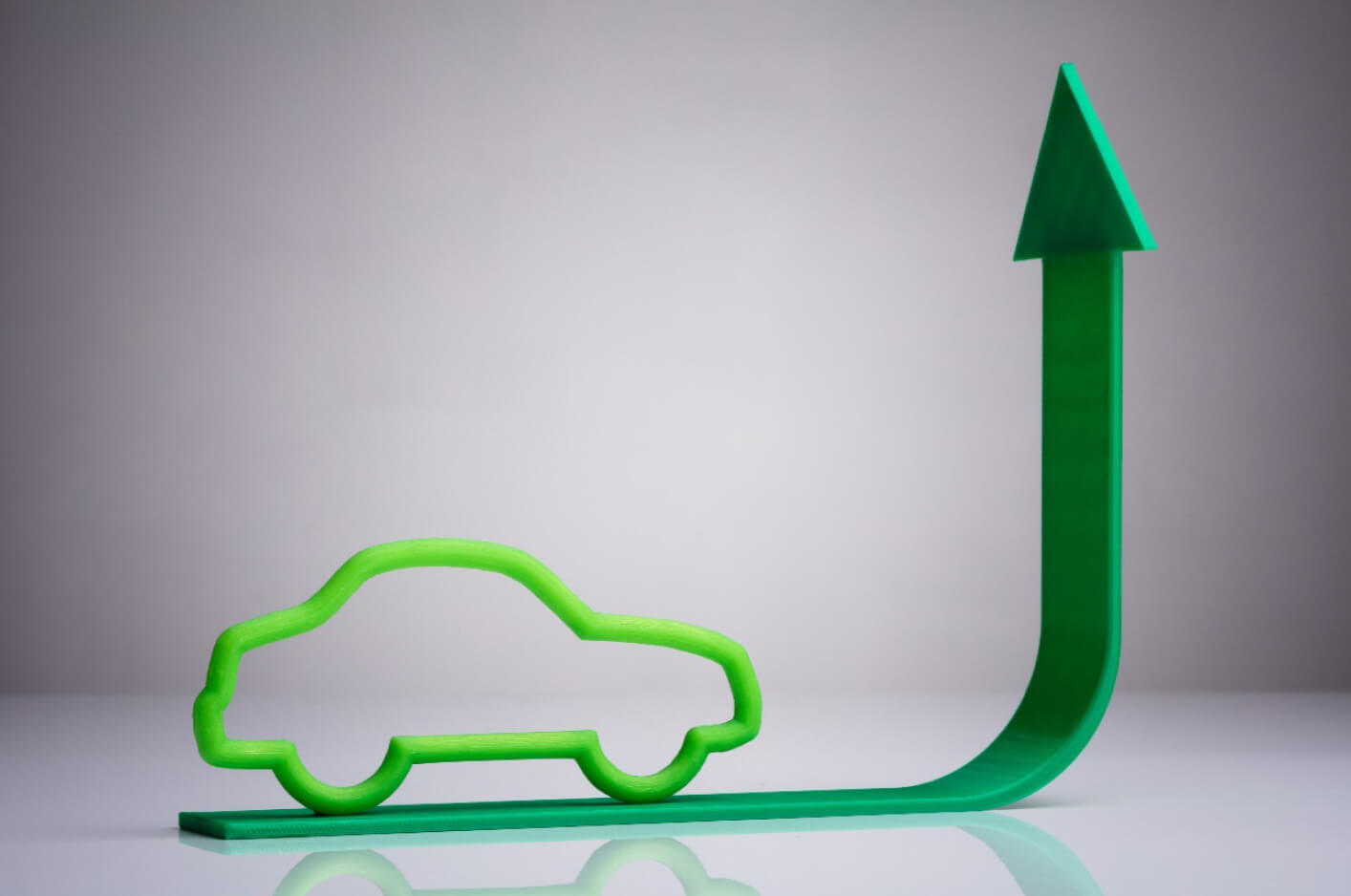2 November 2018
New two category van VED regime to be introduced in 2021 to help ‘green’ fleets
A graduated Vehicle Excise Duty regime for vans - similar to that already in place for cars - is to be introduced by the government from April 2021.

Chancellor of the Exchequer Philip Hammond confirmed the development in the 2018 Budget Statement following a consultation on reform which was undertaken in the wake of the initial announcement of change in the 2018 Spring Statement.
Based on responses to the consultation the government has decided to:
- Further develop its understanding of the impacts of the Worldwide harmonised Light vehicles Test Procedure (WLTP) on CO2 emissions for vans, ahead of announcing the new rates and bands, for introduction from April 2021
- Ensure the new system takes into account the weight of vans by introducing a two-category approach - small and medium sized vans in one category and large vans in a second category. The two-category approach, will be graduated by CO2 when a van is first registered, followed by a standard rate for the second year onwards as with car Vehicle Excise Duty
- Provide ongoing incentives, beyond the first-year, for new zero emission, ultra-low emission and other alternatively fuelled vans from April 2021. That will include a £0 standard rate for zero emission vans.
The government will set out Vehicle Excise Duty bands and rates for vans ahead of Finance Bill 2019/20.
The timetable, said the government, would give van manufacturers time to reflect the new bands and rates in all new vans, while also allowing the government to fully assess the impact of WLTP on the van market.
The government added: “This approach allows for the introduction of a strong environmental signal for new vans, while ensuring larger vans are not penalised, as these models generally emit higher levels of CO2.”
There was a possibility that the introduction of a graduated Vehicle Excise Duty regime for vans could have been introduced prior to April 2021.
Gerry Keaney, chief executive of the British Vehicle Rental and Leasing Association (BVRLA), said: “This decision to postpone a CO2-based van Vehicle Excise Duty regime is great news for fleets. Tax incentives can be a very powerful tool in driving businesses to use cleaner vehicles, but it is no use having these until we have enough low-emission van options on the market. The BVRLA is pleased that the government has listened to feedback on this issue and decided to take a pragmatic, business friendly approach to greening the van fleet.”
The summary of responses to the consultation on Vehicle Excise Duty reform for vans is available here.
Meanwhile, the government announced that Vehicle Excise Duty rates for cars, vans and motorcycles will increase in line with the Retail Price Index from April 1, 2019. To support the haulage sector, the government will freeze the Heavy Goods Vehicle (HGV) Vehicle Excise for 2019/20.
Looking for friendly impartial advise about your light commercial vehicle fleet? Our expert team can provide guidance. Talk to us today.


